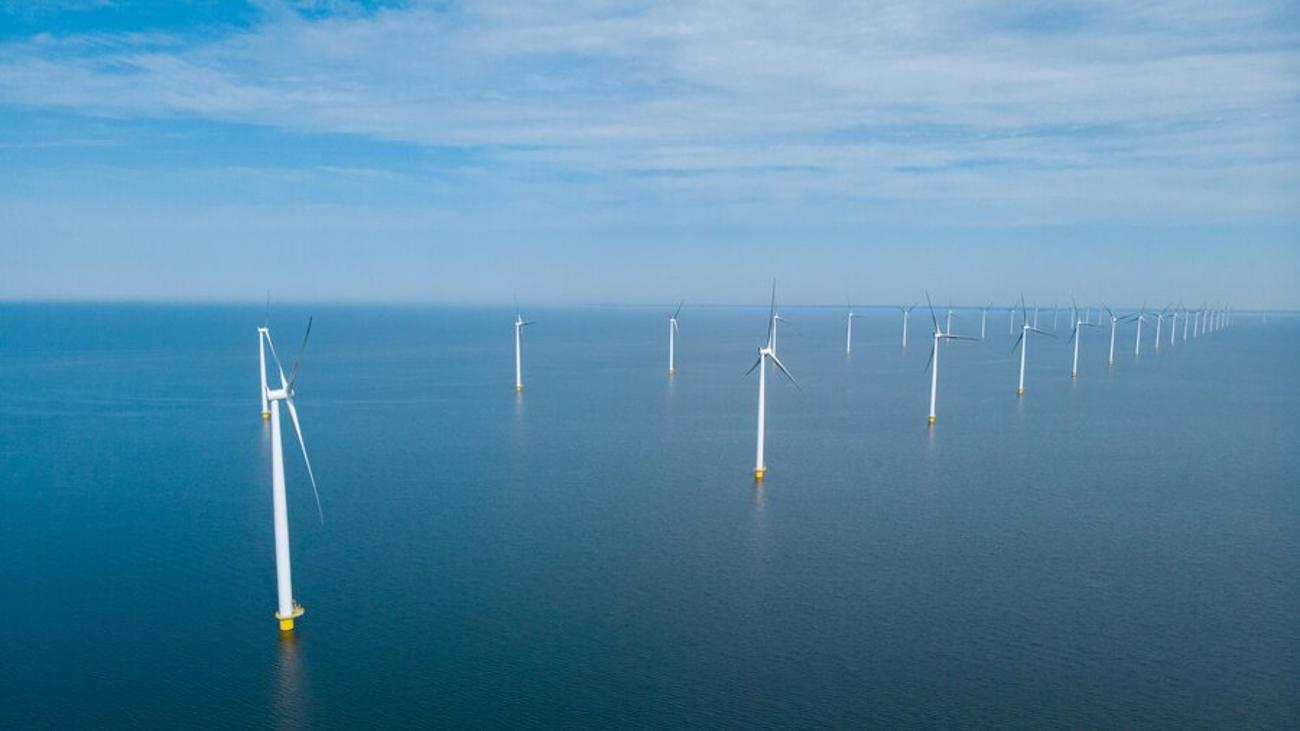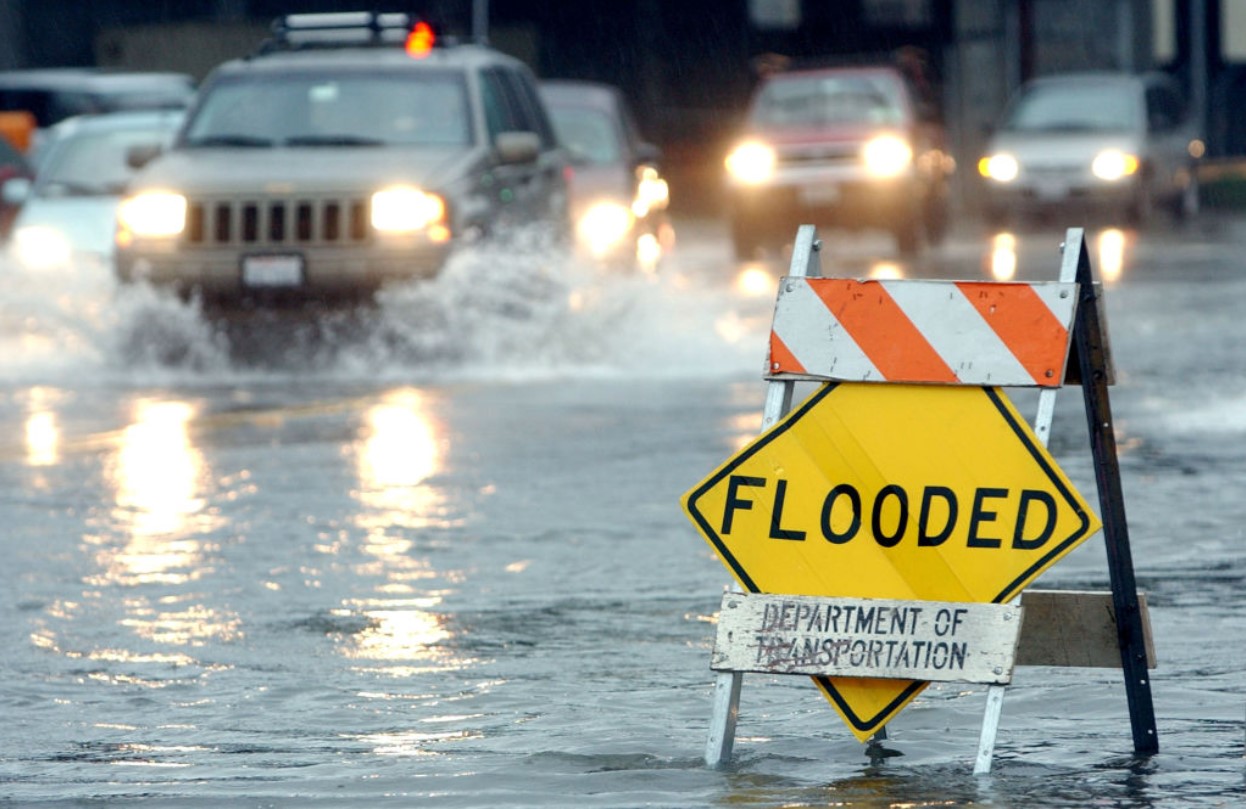Recent studies reveal a potential collapse of the Gulf Stream, a crucial ocean current that keeps Europe’s temperatures mild.
The concern is so high that scientists warn that this change could plunge Europe into a deep freeze, similar to the scenario depicted in the film The Day After Tomorrow. The University College London has led groundbreaking research on this pressing issue.
The Role of the Gulf Stream in Europe’s Climate

The Gulf Stream carries warm water from North America across the Atlantic to Europe, helping maintain mild winter temperatures.
Without this vital current, Europe could face much colder winters, with temperatures potentially dropping by up to 59°F. This change poses significant risks to the continent’s climate stability.
Historic Insights: Lessons from the Ice Age

Researchers studied climate conditions from the last ice age, around 20,000 years ago, when the Northern Hemisphere was largely covered in ice.
They discovered that Europe was kept warmer by a stronger Gulf Stream, driven by robust winds across the subtropical North Atlantic. This historical context highlights the current vulnerability of the Gulf Stream.
The Impact of Weaker Winds on the Gulf Stream

Lead researcher Dr. Jack Wharton explained that weaker winds, predicted by climate models, could weaken the Gulf Stream.
This scenario raises concerns for Europe’s future climate. Dr. Wharton and his team emphasized the importance of understanding these dynamics to anticipate and mitigate potential impacts.
Recent Findings and Future Projections

Dr. Wharton’s team found that during the last ice age, stronger winds helped maintain a powerful Gulf Stream, which transported heat northwards despite the global cold.
Today, global warming could disrupt this balance, leading to a weaker Gulf Stream and colder European winters.
The Gulf Stream’s Vital Role in Heat Distribution

Professor Thornally highlighted the Gulf Stream’s role in moving vast amounts of heat around the globe, equivalent to the energy output of millions of power stations.
Essentially, any changes in the strength of ocean currents can significantly alter climate and weather patterns, making this an issue of global concern.
Potential Temperature Drops in Europe

If the Gulf Stream were to collapse completely, Europe could experience temperature drops between 50 to 59°F.
Such drastic changes would have profound effects on the continent’s climate, agriculture, and daily life. Preparing for these potential outcomes is essential for mitigating their impact.
Current Impacts on Agriculture and Weather

The current weakened state of the Gulf Stream has already caused disruptions in continental agriculture and weather patterns.
Researchers have noted that these changes could lead to rising sea levels across North America, further emphasizing the need for immediate action to address the underlying causes.
Rising Sea Levels

The potential collapse of the Gulf Stream not only affects Europe but also has global implications, such as rising sea levels in North America.
The interconnectedness of ocean currents and climate systems means that changes in one area can have far-reaching effects, highlighting the need for global cooperation in addressing climate change.
Climate Models and Future Predictions

Recent climate models indicate that global warming could lead to weaker winds and a weaker Gulf Stream.
These predictions are crucial for understanding the potential future impacts and for developing strategies to mitigate these changes. Continuous research and monitoring are essential to stay ahead of these developments.
Calls for Immediate Action

Scientists are calling for immediate action to reduce greenhouse gas emissions and address climate change.
By understanding and mitigating the impacts on crucial ocean currents like the Gulf Stream, we can help preserve climate stability (or at least slow its accelerated rate) and protect future generations from the adverse effects of global warming.
The Urgency of Addressing Climate Change

The potential collapse of the Gulf Stream is a stark reminder of the far-reaching impacts of climate change.
By taking action now, we can help safeguard Europe’s climate, protect agriculture, and prevent rising sea levels, which ultimately impact the rest of the world.








































